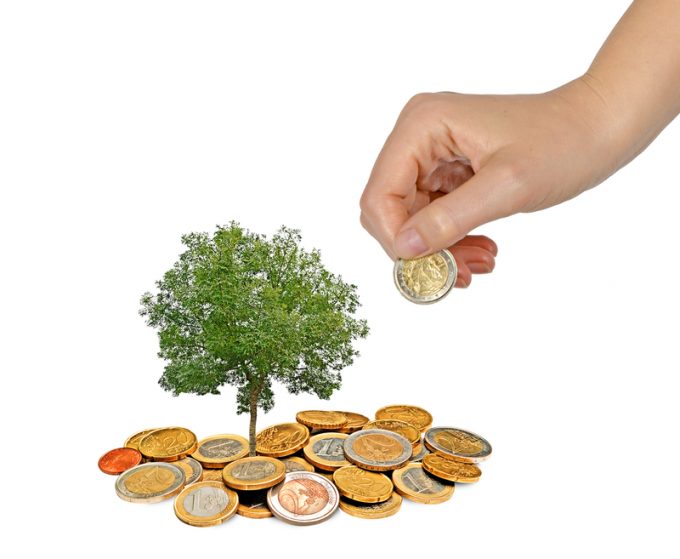Ever thought about the tariff grief cycle?
Let’s look, and don’t forget the green (net-zero 2050) angle…

Digital forwarder Forto will offer climate-neutral solutions across its portfolio by 2025 – but it already has a good take-up of its carbon offset programme, despite higher costs for customers.
The company has pledged to offer to compensate the CO₂ of every customer, and is working with Planetly to measure and analyse the carbon footprint of the transport booked by customers, in order to identify inefficiencies and reduce emissions.
Its partnership with carbon management firm Planetly also enables customers to offset non-avoidable ...
Transpacific sees first major MSC blanks as rates fall and volumes falter
'It’s healthy competition' Maersk tells forwarders bidding for same business
Shippers snap up airfreight capacity to US ahead of tariff deadline
White House confirms automotive tariffs – 'a disaster for the industry'
New price hikes may slow ocean spot rate slide – but for how long?
Volcanic disruption at Anchorage could hit transpacific airfreight operations
Tighter EU import requirements proving 'a challenge' for forwarders

Comment on this article